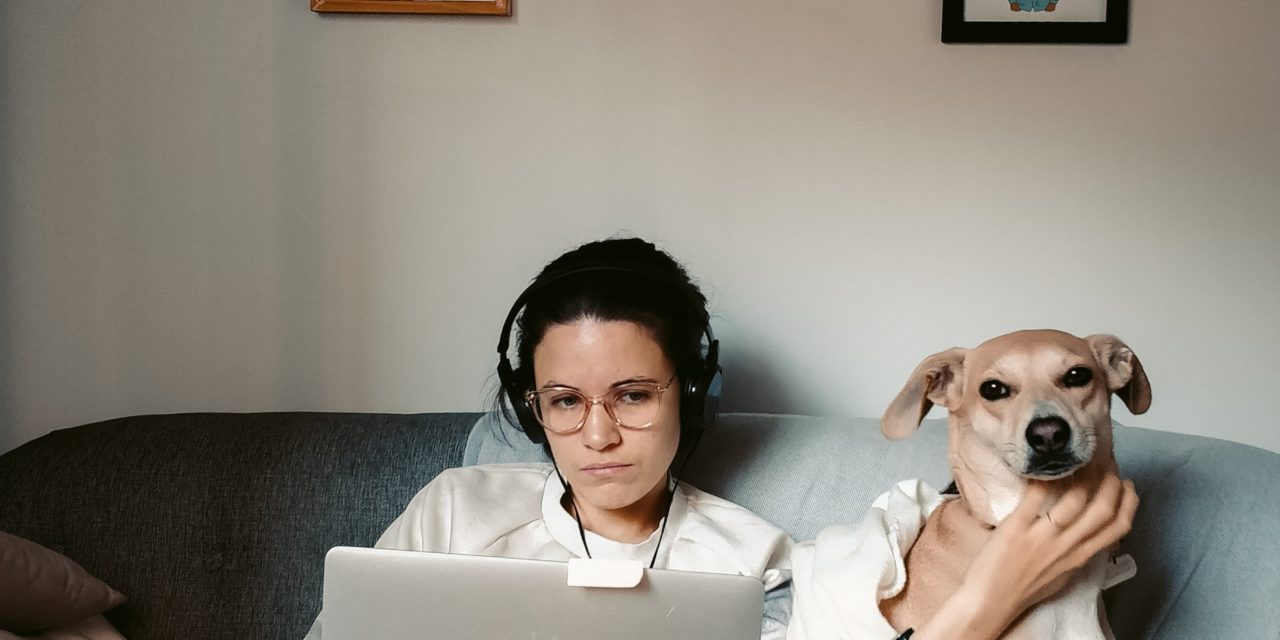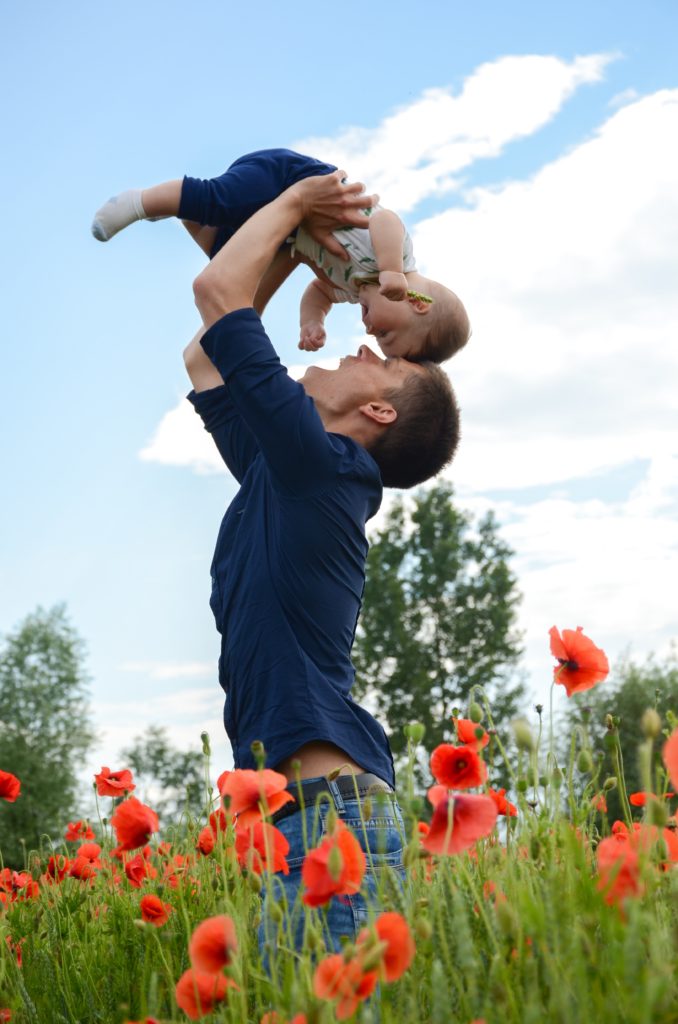
Lockdown: A Chance to Connect

Written by Amber Hill
In our busy 24/7 world, being at home meant that young children were given more attention than ever before.
The last two years have been a whirlwind of emotions. Uncertainty, loneliness, and fear over Coronavirus and its consequences has meant that many of us now think of 2020 and 2021 as cursed times. 2022 can’t come soon enough.
What many neglect to remember, is that the pandemic, in all its negativity, has brought families together in a more positive way. According to the Office for National Statistics, in April 2020 46.6% of the UK working population did some work at home. This meant that for the majority of lockdown, husbands and wives were confined to the same work space with little face-to-face interaction with those from outside their household. With schools shut, children of all ages were also forced online. Office workers turned into makeshift teachers, while professional teachers went back to being full-time parents, without the distractions of work.
The idea of spending that much time with your family was quite daunting for some. Personally, I found it difficult to function with the ever-watchful eyes of my parents constantly assessing whether I was doing all my university work or the dreaded household chores. Independence, granted through living away in a student house, was my aim. This wasn’t the same for everyone.
The chance of spending more meaningful time with loved ones was, in retrospect, something to be cherished. This is truer than ever for new parents, who suddenly found themselves able to spend more quality time than before with their babies. Working from home has meant that fathers especially, many of whom were previously torn away from their new-borns in favour of the office, now get to experience baby’s first laugh, first steps, and even first words. With many new dads only getting two weeks of paternity leave, lockdown offered the chance to truly bond with their new-borns.
An article by The Guardian, which details a new father’s personal experiences, acknowledges that, even though his family’s social circle diminished dramatically, he felt more bonded with his son and more united with his wife in their co-parenting journey. Missing out on a couple of parties or social evenings because of lockdown is, in his mind, a small price to pay for such quality experiences.

Concerns surrounding the impact that social isolation may have on young children’s crucial development are rampant, although the true psychological effects won’t be seen until years to come. Nevertheless, since restrictions have lifted, many babies and toddlers are now discovering a whole new world outside of the house, as well as learning how to socialise with others who aren’t a part of their immediate family.
Much of this has been documented on TikTok, with videos of babies staring wide-eyed around them at the supermarket, goggling at strangers in masks, or even barking at other children (although it should be noted that some of this is pretty typical behaviour for babies, even pre-pandemic). These charming videos capture the essence of childhood, in a way, and without lockdown, many wouldn’t be able to witness or appreciate these small moments quite as much.
Similarly, even though the pandemic has postponed a number of these early experiences, such as cuddling with a vulnerable grandparent, these babies will grow up having spent more time with their parents during their first few months. This can only be a positive thing.
Additionally, there is a sense of solidarity in their experiences; in years to come, this new generation will have a shared universal event that they can discuss, and even adapt so that any such lockdown situation can be avoided in the future. These are the next generation of politicians, scientists, and thinkers, after all.









